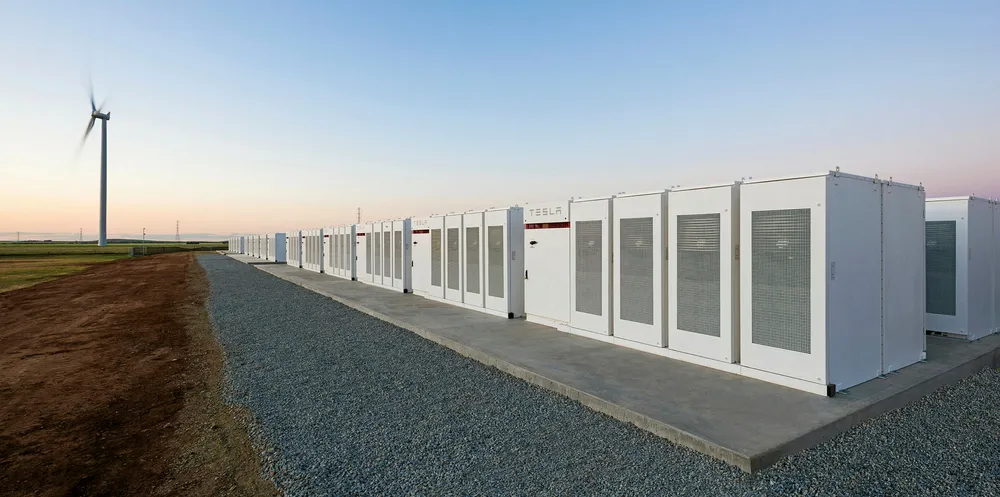Trump government launches plan to become energy storage world leader by 2030
Energy Storage Grand Challenge aims to achieve global leadership with next-generation technology that does not require the importing of 'critical' raw materials

Energy Storage Grand Challenge aims to achieve global leadership with next-generation technology that does not require the importing of 'critical' raw materials
